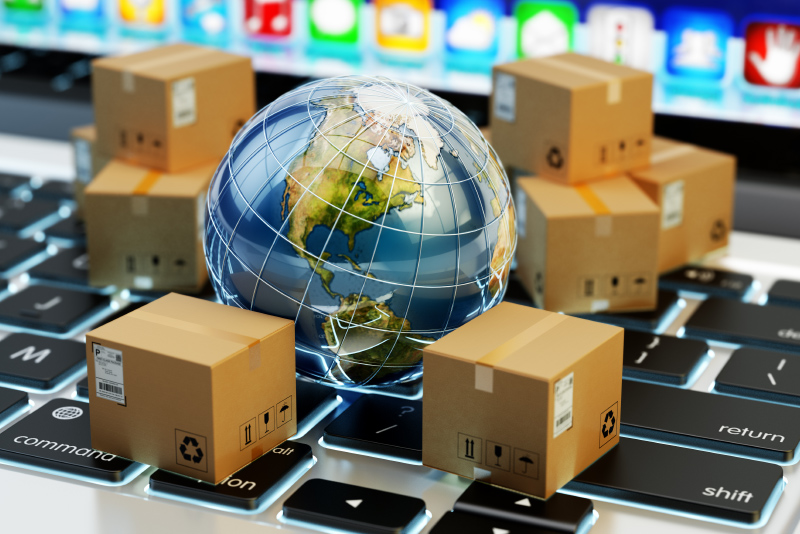To import goods from outside of the EU you need to ensure that they are cleared at the port of entry. This involves the submission of a customs declaration, payment of any outstanding duties and taxes and presentation of any required documentation to the relevant government or port departments.
The clearance procedure ends in a documented permission from the national customs authority that they can enter the country and be moved from the port or airport of arrival.
The importer will nominate a freight forwarder or customs broker to oversee customs formalities on their behalf making an electronic declaration based upon the details and documentation provided for each consignment. This is a complex submission and you need an understanding of international trade, classification and valuation to complete the entry
Depending on what you’re importing, your goods may also need to secure release from the Port Health and other authorities like Trading Standards, Forestry Commission and Animal & Plant Health Agency before the goods can be delivered to you.
It is important that you select an experienced and customs approved representative (Approved Economic Operator) who have demonstrated to HMRC that they have all the procedures in place and that there standard of customs activity is of the highest level. Ultimately the importer will be held accountable if the correct amount of duty and taxes are not paid or that incorrect declarations have been made on their behalf. It is good practice for importers to check commodity codes and declarations that have been made and wherever possible provide written instructions to the party who will coordinate their customs activities.
For you to import commercial goods you must apply to customs for an EORI Number. This effectively allows you or your company to act as Importer of record.
The EORI number is allocated by HM Revenue & Customs and will uniquely identify an importer.
You will need to keep track of the shipment and provide documents as early as possible to their freight or customs broker, so they can clear the cargo as soon as possible.
If it is not cleared and subsequently moved from the quay in time the importer will be required to pay demurrage to the carrier. Normally there is a limited number of free days allowed by for storage of imported goods, so it is time sensitive and very important that customs activities are completed accurately and timely.
- Goods that have been manufactured within a country that is a member of the EU or have are in free circulation within the EU and can cross borders of community countries without duties.
- Goods that are imported from outside of the EU will need to be declared to customs and the duties and taxes will need to be paid prior to release.
It is important now that you calculate the basic estimated import duty. To do this you need to identify a commodity code you take the value of the imported goods plus the shipping costs to the UK Pounds Sterling and apply the corresponding level of duty from the tariff.
You will also have the Import Vat to pay on most products which is 20% of the total accumulative figure for the import. So (Commercial Value + Freight + UK Charges + Duty) x 20%
You cannot move the consignment from the port until these charges are paid and customs and all other port authorities have released the cargo for onward delivery.
Conclusion
The final clearance and release of your imported goods from the UK Border Force and HM Revenue & Customs are only approved once all governing authorities and bodies at the port of entry have released their control on the goods. When all applicable duties or taxes have been paid and your goods have been released from customs they can then be delivered. It’s important to pick up your goods within the allotted time frame so you don’t incur demurrage fees.
Get your shipping documents early and present them to your customs broker to track the shipment and make customs declarations in advance. They will make the necessary declarations on your behalf and oversee the customs clearance process for you, liaising directly with HMRC and any other trade and regulatory bodies.
We realize this all may seem terribly complicated, but a good customs broker will guide you through this process and ensure that your cargo reaches you as smoothly as possible.

